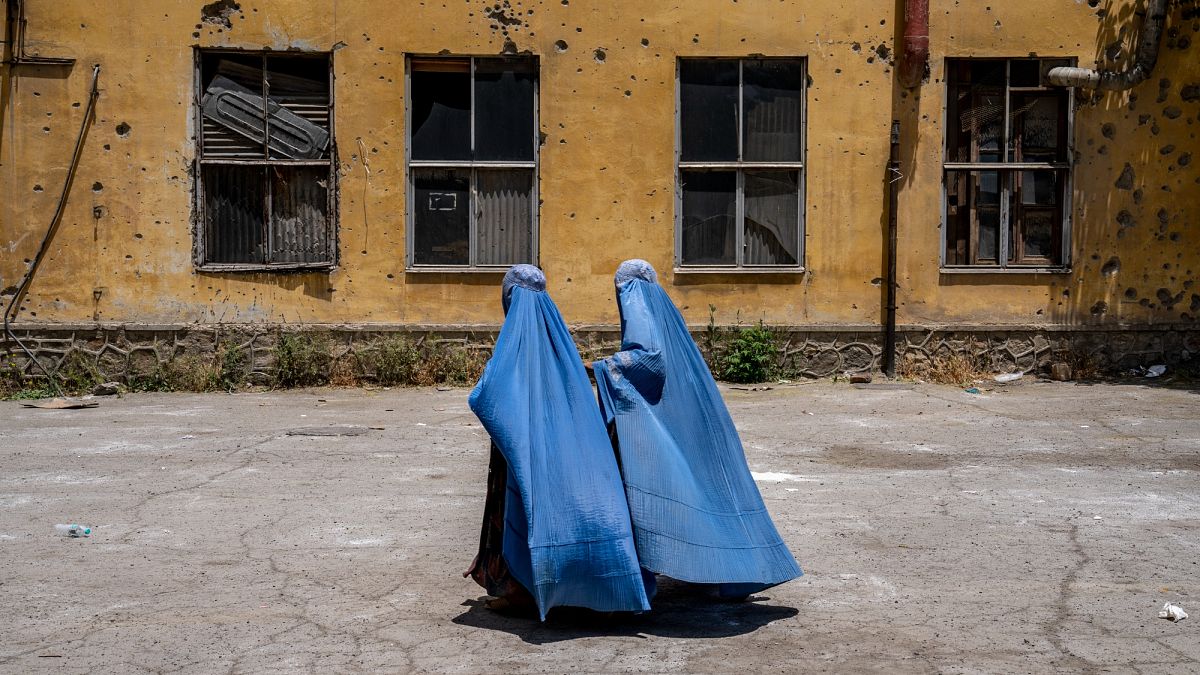

In a dynamic week of legal and human rights developments worldwide, significant progress has been reported in safeguarding both individual rights and broader societal justice. From international prosecution efforts to institutional reforms, there is a strengthened focus on civil liberties and protection against discrimination. This article gathers these developments, painting a hopeful yet vigilant picture of global strides towards justice.
The International Criminal Court has issued arrest warrants for prominent leaders within the Taliban in Afghanistan, heightening global attention to women’s rights violations. The supreme leader of the Taliban and the head of Afghanistan’s supreme court are accused of severely restricting girls’ educational opportunities and silencing women’s voices in public spheres. This decisive action by the ICC underscores the international community’s commitment to confronting systemic gender-based oppression and advocating for equality and educational rights for all.
Across the globe in the United Kingdom, a new legislative initiative aims to protect employees from abuse in the workplace by curbing the misuse of Non-Disclosure Agreements (NDAs). Historically, NDAs have been employed to silence victims of workplace bullying and harassment, denying them the freedom to report and seek justice. With the governmental push to prevent such practices, the UK is taking earnest steps to cultivate a more transparent and accountable corporate culture, where all employees can work without fear of reprisal or coercion.
In an impactful narrative from China, human rights lawyers commemorated a decade since one of the country’s largest modern-day crackdowns on legal advocates. The upheaval of 2015 saw many rights defenders rounded up, and the subsequent years have witnessed more subtle yet pervasive suppression of legal dissent. With reflections on current challenges, former lawyers express concerns about the ongoing erosion of legal protections for activists. This cautions the international community on the necessity of advocating continuously for human rights, highlighting the enduring struggle for legal autonomy within China.
Meanwhile, steps towards reconciliation and reform are unfolding in Australia, where the findings of an inquest into the death of Indigenous teenager Kumanjayi Walker have set the groundwork for transformative change within the Northern Territory police. The inquest uncovered instances of racial bias and highlighted systemic issues within policing practices. Leanne Liddle, a prominent anti-racism officer, publicly declared that the reforms inspired by the inquest’s findings promise a police force that earns the trust of all Territorians, reflecting a commitment to profound institutional change.
These stories represent but brushes in a broader narrative of global progress and challenges. As the world evolves, these actions and reforms symbolize significant steps toward justice, equality, and human dignity. This week’s developments encourage an ongoing dialogue that aims to create a world where justice and fairness prevail in every corner. Through concerted efforts and continuous dialogue, there is hope for more inclusive and equitable societies.
Source: {link}
